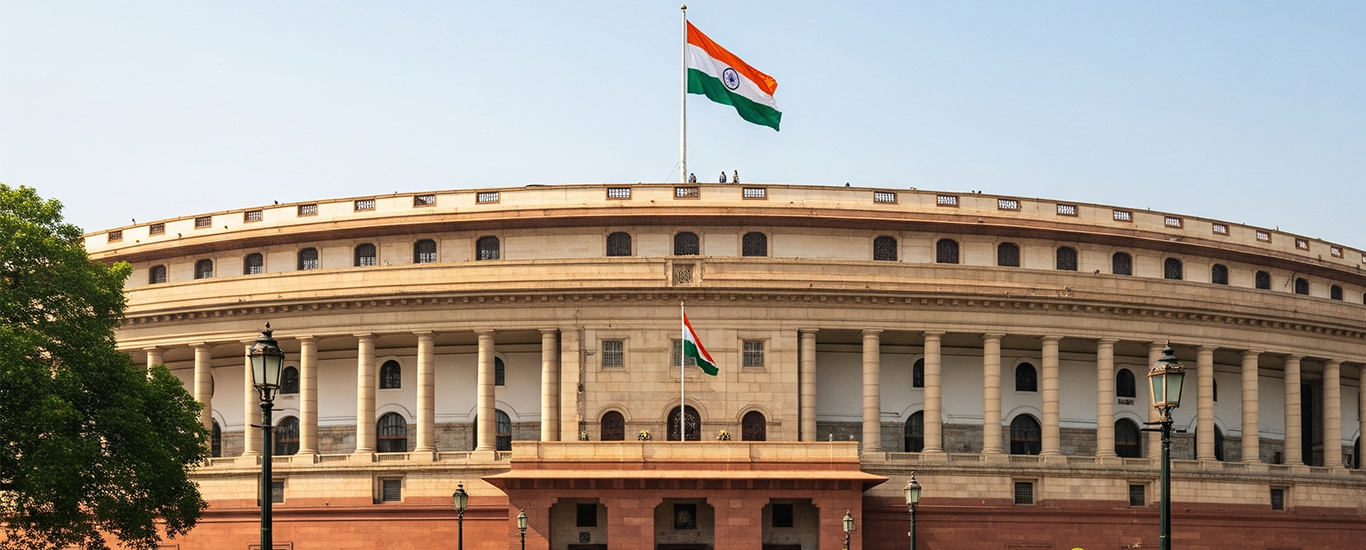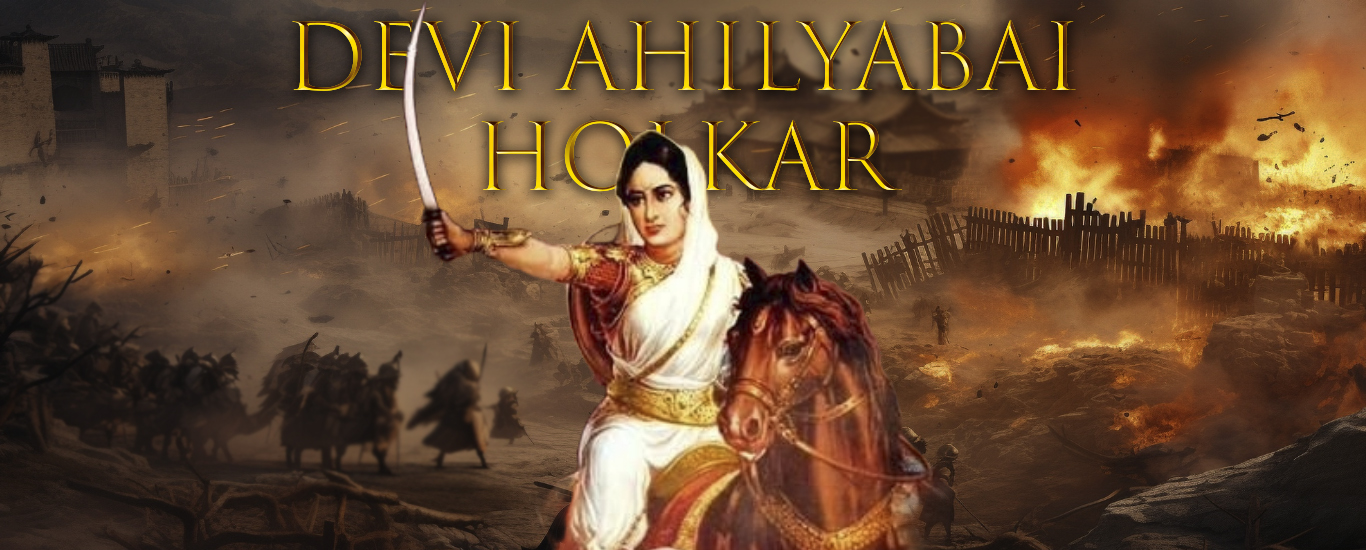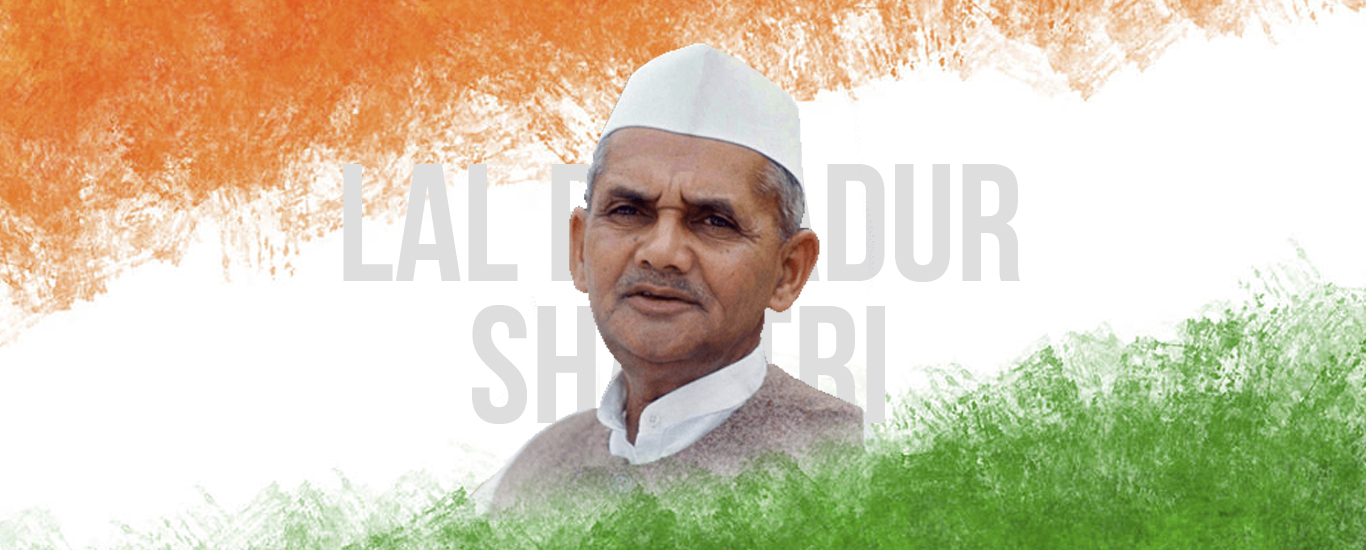Srimanta Sankardeva -The Reformer, Guru, Saint, and More..
Srimanta Sankardeva was a divine personality whose contributions and works are still shining in Assam’s history. He has developed several new aspects in the field of art and literature which people still follow. Srimanta Sankardev was a devotee of Lord Krishna and believed in Ekasana and taught people the same.
Introduction
Srimanta Shankardeva was a remarkable personality of his time. He tried and achieved so many arenas. He was a great contributor to the creative field as he was a great dancer, music player, actor, and even playwright. Not just a creative field but he is also well acknowledged as an active social-religious reformer, a saint scholar, and a poet.
He hails from the beautiful state of Assam and his name shines as an integral part of Assam’s history, culture, and holy past.
Srimanta Shankardev was born at Nagaon in Assam in the year 1449. He has been a great contributor to people from new forms of music to philosophies and masterpieces of poems.
His original name was Shankaravara. His tutor Mahendra Kandali changed his name to Shankardeva while he was in school.
Biography
Early life
Srimanta Madhavdev adapted tales of Sankardeva in his life, and the pursuit was followed by his pioneers.
There are two sects in terms of biographies distinguished early and later. The early group is those of Daitiyari Thakur, Bhushan Dwija and the latter group is of those like Guruvarnana by Aniruddha Das.
In widespread belief, Shri Shankardeva is considered an embodiment of Lord Vishnu, entailing Daityari Thakur, the earliest. Although that biological literature is of the notion that Srimanta Shankardeva had metaphysical powers and there have been instances of supernatural occurrences.
There is an inclination of examining Bhagavata in Sankardeva’s life. The collection of all the biographies are a little confusing as they are all full of paradoxes.
Srimanta Shankardeva’s parents Kusumvar Bhuyan and Satyasandhya Devi were worshippers of Shakti. He belonged to a Kayastha family. His family was that of autonomous landlords. He saw his father’s demise at the young age of 8 years because of smallpox. His mother departed after his father died. After that, Srimanta Sankardeva was brought up by his grandmother, named Khersuti.
Shankardeva was a genius since his very childhood. He began going to school at an age of 12 years. At the time, he shortly wrote verses of his first-ever poem, even when he only knew the first vowel. Along with that, he was a great swimmer too. It is said that he could swim across the river Brahmaputra. In his early life, he was an active yogi but later he gave up yoga.
He comprehended many scriptures before taking off from his school in his late teens and took the charge of Shiromani Bhuyan. He was loved by his admirers and called Dekagiri.
Since his village Alipukhuri became crowded he shifted to Bordowa. And there he married his first wife Suryawati in his early 20s. He was blessed with a daughter after three long years. Unfortunately, his wife died after nine months of giving birth. The death of his wife ignited and increased his religious bent and he decided to go on a twelve-year voyage.
After her daughter married a Bhuyan son named Hari. He surrendered his household to his son-in-law and his Bhuyan Shirmonship to his grand uncles named Jayanta and Madhav.
Later life
With seventeen others he started his journey and went to different places like Puri, Ayodhya, Gaya, and Rameshwaram. As a follower of the Vaishnava religion, he went to most of the places that are the major centers of it. He has spent a fair amount of time in the Jagganath temple of puri, narrated the Brahma Purana, composed bhakti songs, and then returned to his old home, Alipukhuri.
He subsequently became an active member of the Bhakti movement and played an important role in its upliftment. He for a short time took the responsibility of gomastha. Since his elder insisted after his return from pilgrimage. But soon handed it over to his son-in-law Hari.
After this, at his grandmother’s request, he remarried at the age of 54 a woman named Kalindi. With his new wife, he returned to his hometown Bordowa and built a temple called Devagriha in the place of his father’s house. People would come and have conversations about religion, pray and preach there. He also wrote songs like Rukmini Harana there.
Mithila Mishra gave him a copy of Bhagavata Purana and he described the Purana to Sankaradeva. Srimanta Sankardeva heard him with utmost awareness. This incident holds a lot of importance for the discovery of Ekasarana. It made Sankardeva realize that there is only one good, one Dharam that is Krishna and Naam.
Shri Shankardeva also built a Thaan in the year 1509. Although this place was relinquished for more than 100 years, finally it was again established by his granddaughter in law, Kanaklata.
He also played a huge role in resolving the issues between the Bhuyans and kacharis and urged them to move as instructed by the Ahoms across the Brahmaputra. He then resided in Gangmau for five long years. His eldest son Ramananda took birth here only.
Sankardeva has not been on one but two pilgrimages, he went on his second journey in the year 1550. Unlike the last time, there were a total of 117 people with him.
Madhabdeva, who was in charge of logistics, made the whole group come back from Puri and did not proceed towards Vrindavana on Shankardeva’s wife’s request. So this pilgrimage ended within six months and they returned in the year 1551.
Srimanta Shankardeva was an important person for the religious growth of Assam. He acquainted Bhakti with the people there. He has given many literature masterpieces, acts, dances, songs, and a religion that is now followed by many.
His Works
Srimanta Sankardeva is one of the first Assamese to create so many erudite works. He inspired other Assamese to enter the world of poems, stories, and other literary works.
Literary works
Kamajaya, Amria Manthana, Baki-Chalana, Rukmani-Harana were some of his most appreciated poetries.
He has also written many holy Puranas, like Bhagavata Purana which has eight parts. Kirtana Ghosha, which was so well received that it is still something that you can find in many Assamese households.
Harishchandra-Upakhyana was his first-ever literary work.
Art forms
He has been a part of so many iconic acts like Gunamala, Patni Prasad, Keli Gopal, and Srinama Vijaya.
Sri Shankardeva is also well known for his one-act play called Ankiya Naat. Acts like Kali-Daman, Parijata-Harana, Rukmani-Harana, and Keli Gopala are preserved masterpieces of Sri Shankardeva.
Although acts like Cihna Yantra which is believed to be one of the first open-air theater acts on a global level. Moreover, other acts like Kangsa- Badha, and Janmabadha are now lost with no solid evidence found. Sattriya is a dance-drama that Shri Shankadeva evolved, as a part of the Bhakti movement.
Besides all this, he has also sung holy songs called Borgeet that were composed in the Brajwasi dialect. Deva Bhatima, Naat Bhatima are some other remarkable songs sung by him.
The reason for the popularity of his writings, art, or acts is because of the easy-to-understand, easily captivating, and majestic lyrics and words. He generally wrote in his regional language that is Assamese. But sometimes for a better reach and a sensational effect he also used Brajavali and medieval Maithili.
Everything he wrote had a touch of bhakti, a holistic vibe in it. His words touched the soul of everyone and made them drench in the bhakti of the god.
His teachings
One of the notable reasons for Srimanta Shankardeva’s popularity is that he established the Ekasarana religion, which is a neo-Vaishnavite religion. This Dharam(religion) dismisses the beliefs of Vedic traditions. It believes in worshipping Lord Krishna, singing kirtans for him, and listening to Sravan. The primary religious text of this Dharma is Bhagavat by Shankardeva himself. This religion captivated both Hindus and non-Hindus.
Although he is considered as a God by his followers and disciples, he used to consider himself a follower of God.
The frequent religious conversions seemed like a threat to the Brahman priests and after an unsuccessful personal meeting, they complained to the Ahom King. Shankardeva was called to the court for the same where he argued that he was not a religious rioter, but the resentment continued. Not just the Ahoms, but the king of the Koch dynasty too called for Sankardeva’s arrest because of his religious influence on his audience. But soon Sankardeva was able to free all the allegations charged on him.
The king was so impressed by him that he offered Sankardeva a seat close to the throne too. In Ramavijaya (his act) he praised the king for his good treatment towards him. This was the first time he got to live the royal life and feel royal dealings. In the last years of his life, he was also offered the throne, but he declined.
Findings
Srimanta Sankardeva committed his life for tolerance, culture, and Lord Krishna. He was a saint who contributed a lot to society in every aspect possible.
In the year 1568, after leading a long and eventful life, Shri Shankardeva left his heavenly body at the age of 120. Philosopher Ram Thakur said a severe boil had occurred in some part of his body which led to his death.



